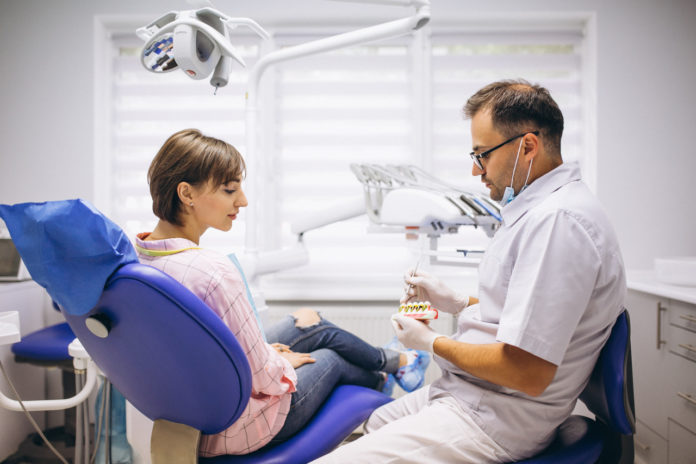Hospital privacy curtains may harbor dangerous drug-resistant germs
Privacy curtains in hospitals can become breeding grounds for resistant bacteria, posing a threat to patient safety, according to new research published in the American Journal of Infection Control (AJIC), the journal of the Association for Professionals in Infection Control and Epidemiology (APIC).
This study was undertaken to look for incidence of germ contamination in hospital privacy curtains and to maintain curtain hygiene protocols and prevent pathogen transmission through them.
This study tracked the contamination rate of ten freshly laundered privacy curtains over 21 days in the Regional Burns/Plastics Unit of the Health Services Center in Winnipeg, Canada. Cultures were taken on day 0 and on subsequent days from contact plates from the edges where the curtains are most frequently touched. While the curtains had minimal contamination when they were first hung, the curtains that were hung in patient rooms became increasingly contaminated over time. By day 14, five out of eight curtains tested positive for methicillin-resistant Staphylococcus aureus (MRSA), a drug-resistant bacteria associated with significant hospital acquired infections and deaths. In contrast, control curtains that were not placed in patient rooms stayed clean the entire 21 days. None of the rooms where the curtains were placed were occupied by patients with MRSA.
By day 14, five out of eight curtains tested positive for methicillin-resistant Staphylococcus aureus (MRSA), a drug-resistant bacteria associated with significant hospital acquired infections and deaths
“We know that privacy curtains pose a high risk for cross-contamination because they are frequently touched but infrequently changed,” said lead author of the study Kevin Shek. “The high rate of contamination that we saw by the fourteenth day may represent an opportune time to intervene, either by cleaning or replacing the curtains.”
By day 21, almost all curtains were highly contaminated – exceeded 2.5 CFU/cm, the requirement for food processing equipment cleanliness in some locations, such as the United Kingdom.
“Keeping the patient’s environment clean is a critical component in preventing healthcare-associated infections,” said 2018 APIC President Janet Haas, PhD, RN, CIC, FSHEA, FAPIC. “Because privacy curtains could be a mode of disease transmission, maintaining a schedule of regular cleaning offers another potential way to protect patients from harm while they are in our care.”


